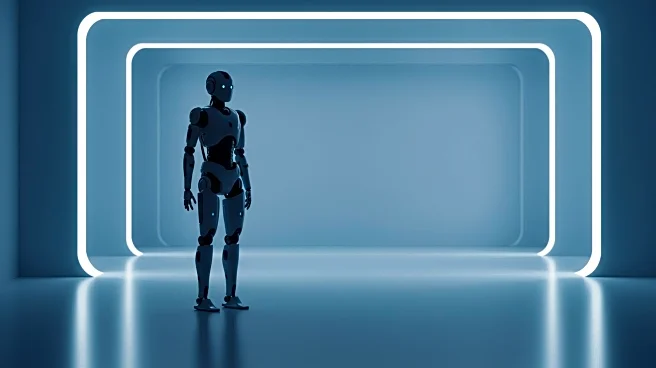What is the story about?
What's Happening?
The article discusses the evolution of technology and societal norms, highlighting how advancements that once seemed extraordinary have become mundane parts of everyday life. Examples include the transformation of watches from simple timepieces to devices capable of monitoring health and making emergency calls, and the widespread acceptance of same-sex marriage. The author reflects on how these changes, while significant, have been absorbed into daily life, making them feel ordinary. The piece suggests that future changes will similarly integrate into the fabric of life, becoming part of the mundane rather than the extraordinary.
Why It's Important?
The normalization of technological and societal advancements has implications for how future innovations will be perceived and integrated into society. As groundbreaking developments become routine, there may be less excitement or resistance to change, potentially affecting consumer behavior and policy-making. This shift could influence industries reliant on innovation, such as technology and healthcare, as they adapt to a market where new products quickly become standard. Additionally, the societal acceptance of changes like same-sex marriage reflects broader cultural shifts that may continue to evolve, impacting social policies and community dynamics.
What's Next?
Future advancements are likely to continue integrating into daily life, becoming part of the mundane landscape. Industries may focus on incremental improvements rather than revolutionary changes, as consumers become accustomed to rapid technological evolution. Policymakers might need to address the implications of these changes, ensuring that regulations keep pace with technological capabilities. Society may also need to consider the ethical and cultural impacts of these advancements, fostering discussions on how they shape human interactions and community values.
Beyond the Headlines
The article prompts reflection on the nature of progress and how it shapes human experiences. As life becomes increasingly mediated by technology, there may be ethical considerations regarding privacy, autonomy, and the human connection. The mundane nature of future advancements could lead to complacency, potentially stifling creativity and innovation. This perspective encourages a reevaluation of what constitutes meaningful progress and how society can balance technological integration with preserving human values.















